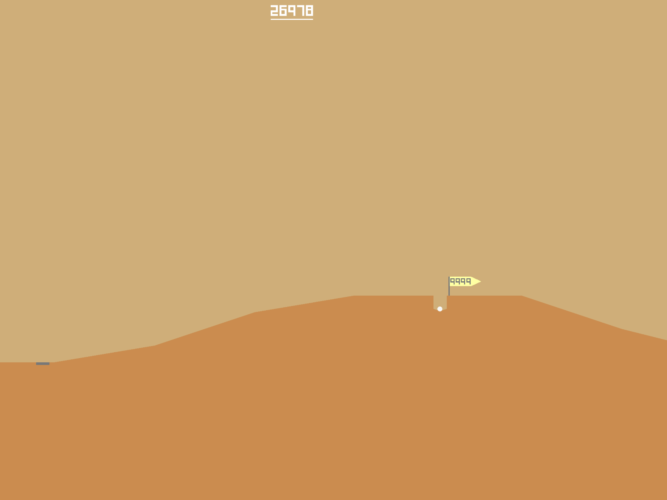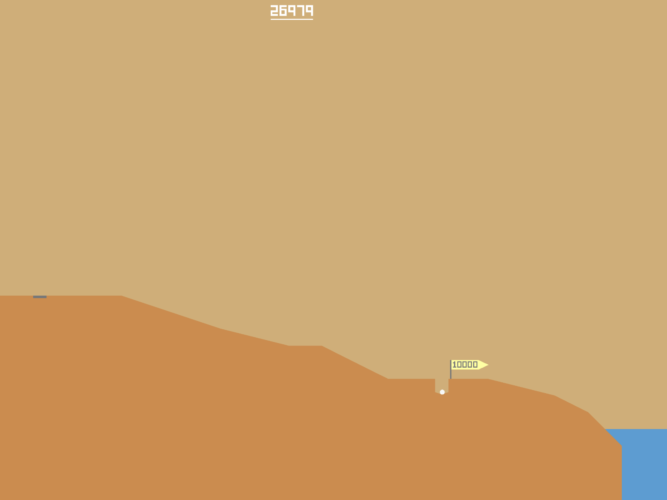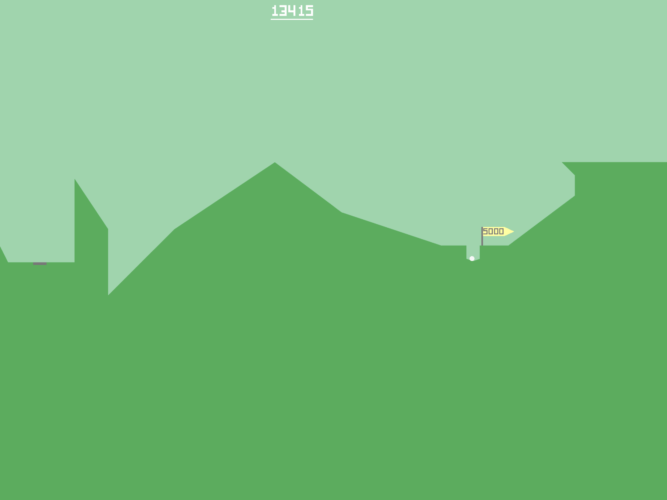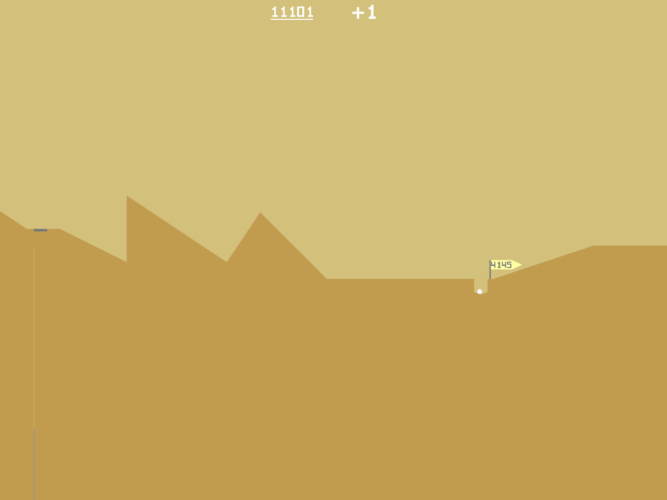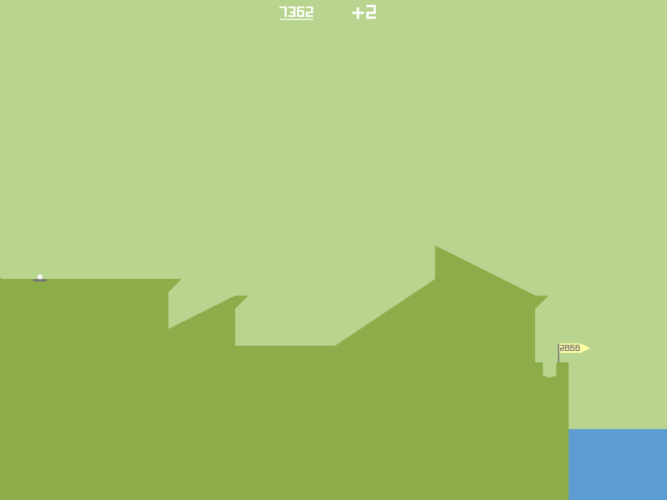The remaster of Halo: Combat Evolved leaves much to be desired. Scratch that – it’s just bad. While the port itself is technically well-done, both the graphical and (more frustratingly) the sound design language have been mangled almost beyond recognition.
Continue reading “Halo: Combat Evolved (Remastered)”Author: LepcisMagna
Halo: Reach

Halo: Reach is a bad game – a very bad game, in fact. But at least the port to PC is fantastic…mostly.
Continue reading “Halo: Reach”Nine Parchments
Frozenbyte have solidified their place in my mind as a solid Tier One developer. I purchased Trine 4 in a bundle during this Steam Sale (which was also good), only to find that the two games also included were both remarkably enjoyable. Shadwen turned out to be a surprisingly good stealth game, and Nine Parchments is turning out to be a surprisingly good magical Gauntlet-like, though it being a co-op game means I can only trust the Steam reviews to tell me that the co-op experience is good.
I do have a few problems with it – the paths are linear, the collectibles don’t really stand out against the cluttered (but beautiful) backgrounds, the upgrades don’t affect your gameplay much (which is usually “keep moving and firing”), and the walking animations are tied to the direction your mouse looks, which can look very strange. Despite this (and perhaps because of some of it), it seems like the sort of game I would pull out at a party without hesitation. If I had parties.
Northgard
Sadly no screenshot because Steam decided to not actually save it.
There’s a simple test I like to apply to strategy games. What reason do I have to play it over Civilization or Age of Empires II? It’s not that I particularly like those games (I actually don’t like Civ at all) – it’s just that everyone has those games, and if you want to play a strategy game with friends, it’s going to be one of them (a part of the reason I never got in to Rise of Nations).
So far, only Homeworld (which I don’t even put into the same category of strategy games) and Endless Legend have interested me enough to play them. I think Northgard will be added to that list, since it not only has a pretty solid campaign, but the gameplay is similar enough to Age of Empires that an RTS veteran can pick it up while still finding cool extensions of the original system.
Heaven’s Vault
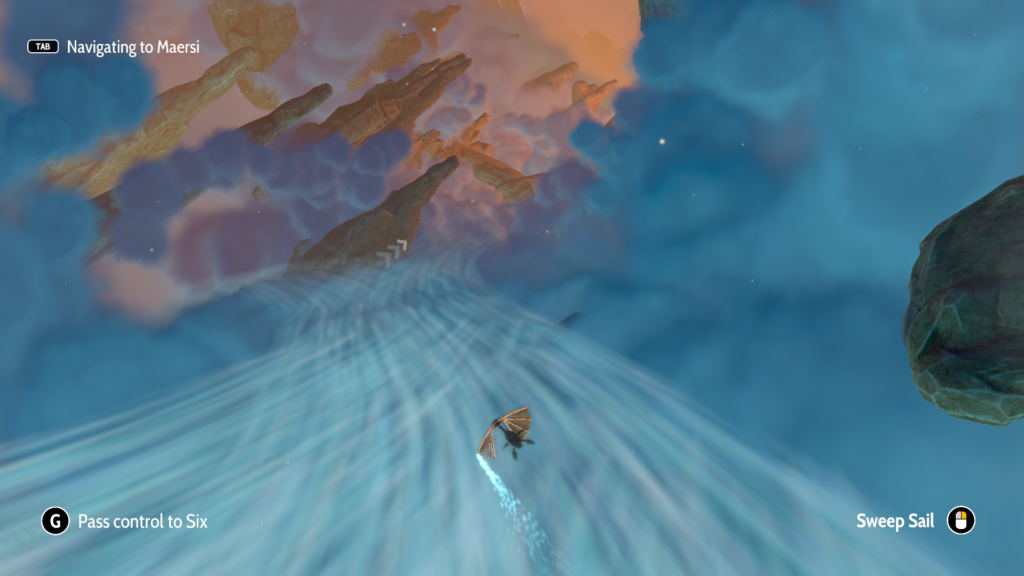
Ah, Steam Sales. Heaven’s Vault goes to Tier One, mostly because I picked it up for an hour and only put it down after completing it 12 hours later. But I’m not sure I can recommend it to, well, anyone.
Continue reading “Heaven’s Vault”Desert Golfing
Is Desert Golfing a good game? I’m not sure. It’s certainly a frustrating game. From the physics which make the golf ball bounce just a little too far to the holes designed to infuriate you by making the ball roll just off the screen, the game seems determined to annoy you. On the other hand, it’s not cruel about it – there’s really no pressure to continue, and any goals are really ones you set yourself. This separates it from games like Getting Over It or The Impossible Game, where either the game taunts you (in the former case) or requires such precision that memorizing a sequence of inputs is the only path forward (in the latter case).
Continue reading “Desert Golfing”Infinity: Battlescape
Fall has begun and the temperature outside is now low enough that I can start using my computer as a heater for my room while playing graphically intense games. But wait, what’s this? A timely review? Has the world gone mad, or have I just backed too many Kickstarter games? Hm. Probably that second one.
Continue reading “Infinity: Battlescape”Stellaris
I don’t really like Civilization. While the idea of controlling an empire through the ages sounds good in theory, the amount of time you have to spend doing it mostly outweighs the amount of fun to be had. While this may be an inherent flaw of 4X games, I had high hopes for Stellaris anyway since I’m a bit of a sci-fi nerd (actually, that’s a lie: I’m a lot of a sci-fi nerd).
Stellaris has been sitting in my queue for ages, and when I first took a look at it I put it into Tier 1 after playing for an hour; admittedly, this was not a fair shake. But with a lazy Sunday afternoon ahead of me and having been reminded that I still hadn’t played Stellaris by a board game I played with Chezni, I sat down determined to play a game. I got up 8 hours later, having played about half a game and realizing I just didn’t care anymore.
Continue reading “Stellaris”Zach-Likes
Or: Opus Magnum, TIS-100, and Shenzen I/O
I’m putting the Zachtronics studio and all their games into Tier 1, alongside Obsidian Entertainment (makers of Pillars of Eternity, Tyranny, and the only good Fallout). I can confidently say that any game made by those studios will be at least entertaining, if not extremely good. Zach-likes tend to be puzzle games with very similar concepts, but with just enough theming and execution differences to make each one feel unique. Perhaps the best part of these games is the moment when you discover a unique solution that gives you the same feeling as if you’d just solved an interesting math problem or figured out a clever programming solution at work. If neither of those sound fun, I would highly recommend running away from these games.
Continue reading “Zach-Likes”Windward

Windward is a fun little game that I really can’t recommend. You command a sailing ship while you explore a waterway, trade between towns, and fight off the pirates controlling most of the land. If you play multiplayer, your friends can either join you or start a rival faction. While this is fun for an hour or two, there just isn’t enough to keep you going.
As far as I can tell, I’ve just described everything that happens in the game. Sadly, there are no sea monsters, no fleet building, no marvels. It’s a relaxing game, to a point, but the combat is boring and there’s really not much to pursue after upgrading your ship. Sadly, I must put it into Tier 3.

